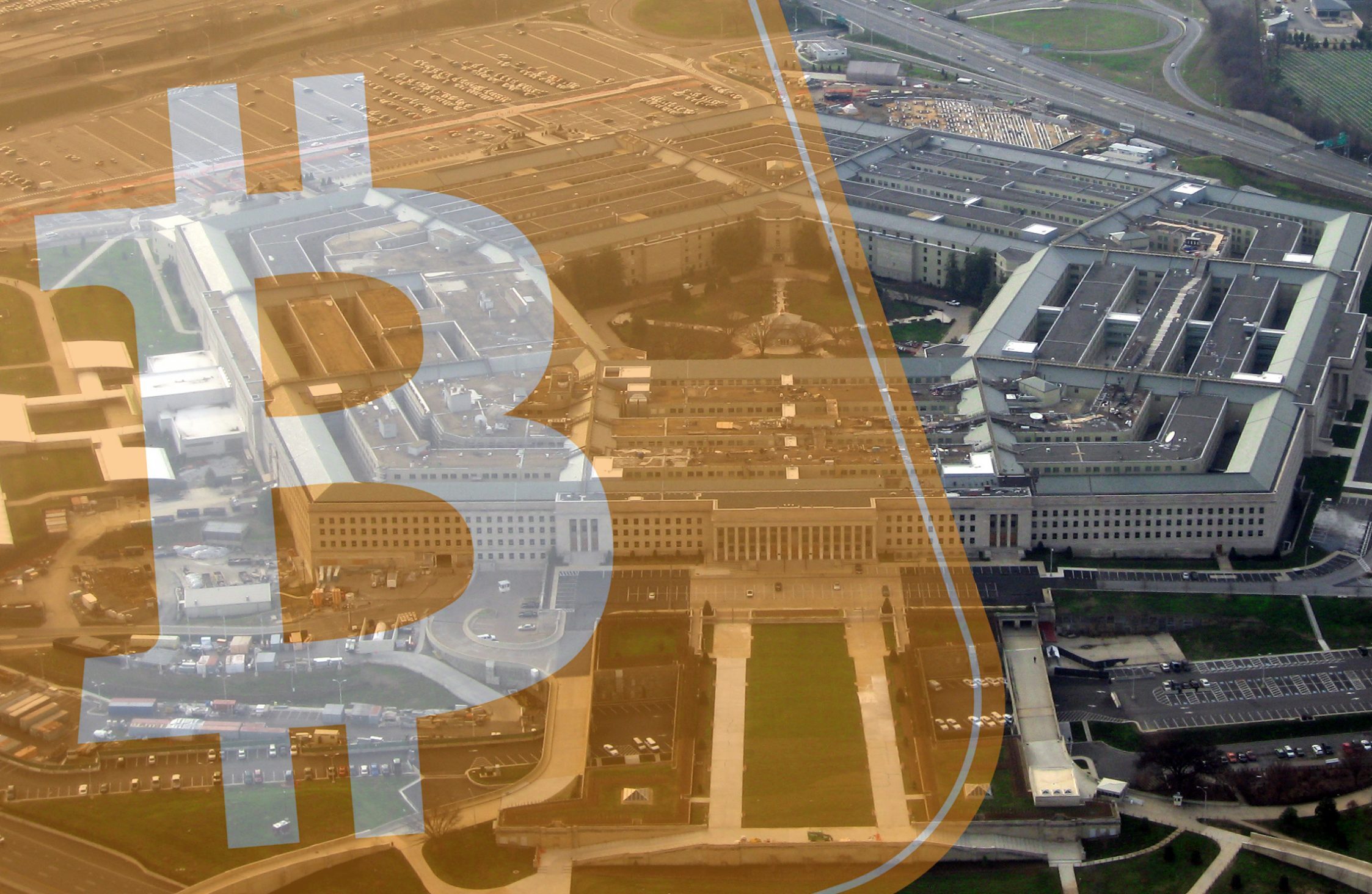
Such a scenario is only the premise for an American Army war game, designed in 2018 to prepare troops for future conflicts fought on computers rather than on the field.
Published by The Intercept following a Freedom of Information request to the Pentagon, the headquarters of the Department of Defense, the 200-page document describes the game used to train the military.
The plot
The war game takes place in 2025, when an organization based on the dark web, known as "Zbellion", exploits the dissatisfaction of the generation Z - "Gen Z" - which, with fewer life chances than their predecessors, are increasingly disappointed by American and Western societies.
The group encourages Gen Z members to participate in a global cyberattack that steals money from organizations believed to support "the establishment." The Pentagon document states that stolen funds are turned into bitcoin:
"Zbellion uses software programs to direct the proceeds of the hacks to money laundering programs that ultimately convert national currencies into Bitcoin by making" small donations, below the threshold "to" deserving recipients "and, if Zbellion members claim to have need funding for those who led the attack.
“The Pentagon imagines that Zbellion converts fiat to bitcoin both through an exchange and using a peer-to-peer market. However, war game designers may have used the term "Bitcoin" as an abbreviation for cryptocurrencies in general.
A story very far from the reality of 2020
Of course, a real international cyber conspiracy would hardly choose bitcoin, or any other digital resource on a public blockchain, to channel illegal funds.
Being public means that third parties, including the United States Army, can easily monitor transaction flows. In addition, cyber surveillance companies, such as Chainalysis, have created increasingly sophisticated tools to identify and track users of blockchain.
Unsurprisingly, some of Chainalysis's biggest clients come from the United States government: the Federal Bureau of Investigation (FBI), the Drug Enforcement Agency (DEA) and the Securities and Exchange Commission (SEC), to name a few.
In August, the DEA prosecuted five retailers who used bitcoin, thinking it was anonymous. "This investigation clearly demonstrates that [cryptocurrencies] are not secure, are not anonymous and cannot escape justice," DEA Special Agent Doug Coleman said at the time.
The Pentagon's "Zbellion" war game was designed in 2018, when the quotations initial coin offerings (ICOs) were flourishing and when there was no strong suggestion that traditional society, let alone governments, would actually implement the technology.
But a lot has happened since then. The Pentagon also released a report last July, outlining a new cyber security shield that leverages blockchain to increase resilience to cyber attacks.
